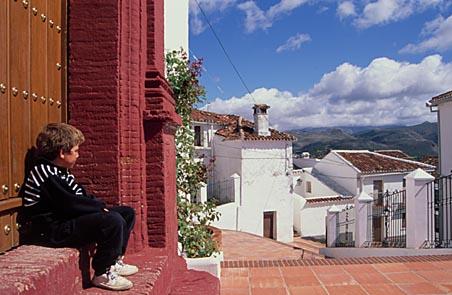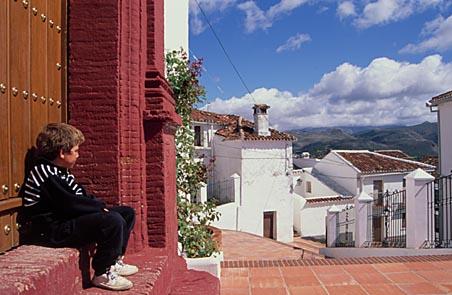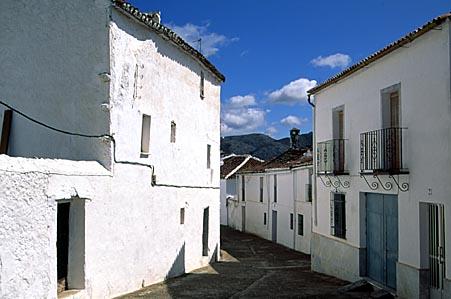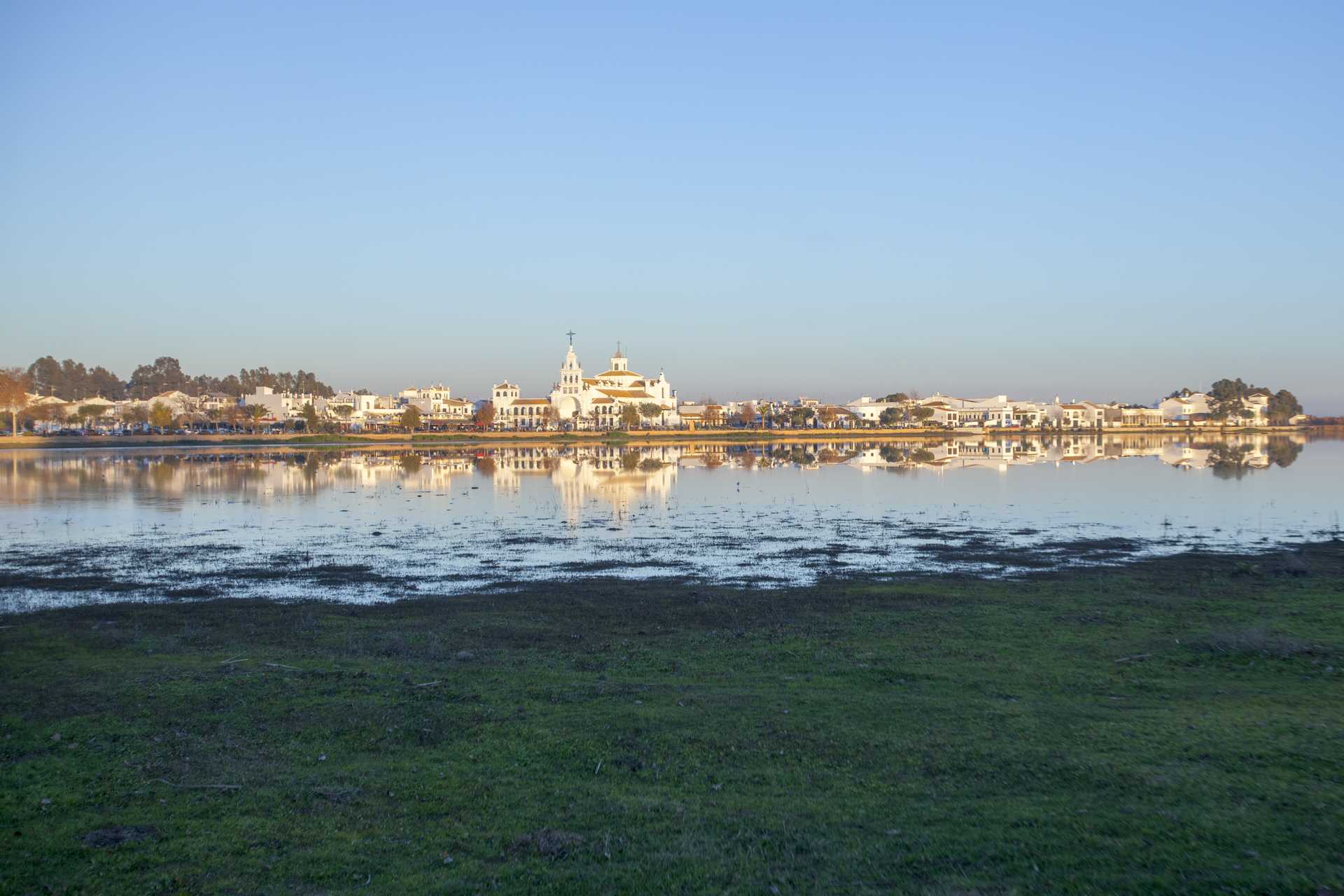Cartajima

Cartajima stands 845 metres above sea level, next to the crag of the same name. Its privileged situation at the top of the Genal Valley affords the traveller spectacular panoramic views: to the south stands the Genal Valley while the peaks of the Serrania de Ronda mountain range lie to the norht.
When strolling along Cartajima"s steep, narrow streets, undisturbed by the noise of motorised traffic, where time seems to pass slowly, the traveller is charmed by the pleasant aroma of ornamental plants mixed with the smell of firewood burning in local houses, of freshly-baked bread and of the AREA"s typical dishes.
History
Little is known of the origins of this mountain village; however, its history is almost certainly linked to the presence of the Arabs and the subsequent wars which ended in Christian domination.Cartajima played a distinguished role in the War of Independence with its stubborn resistance to Napoleon"s troops, and a mountain guerrilla born in the village, Andres Garcia, has gone down in history as the assassin of a representative of the French government in Ronda.
In 1725, a tin factory and a furnace were built in Cartajima, heralding the start of the iron and steel industry in Andalusia. In the long term, the project failed, largely as a result of the lack of coal with which to power the furnace.
In 1814, it was awarded full village status by Ferdinand VII. During the 19th century, prosperous times arrived in the form of iron mines (now disused) and the small-scale manufacture of cannons and other artillery.

- Max 10
- Min 8
- Max 50
- Min 46
- °C
- °F







